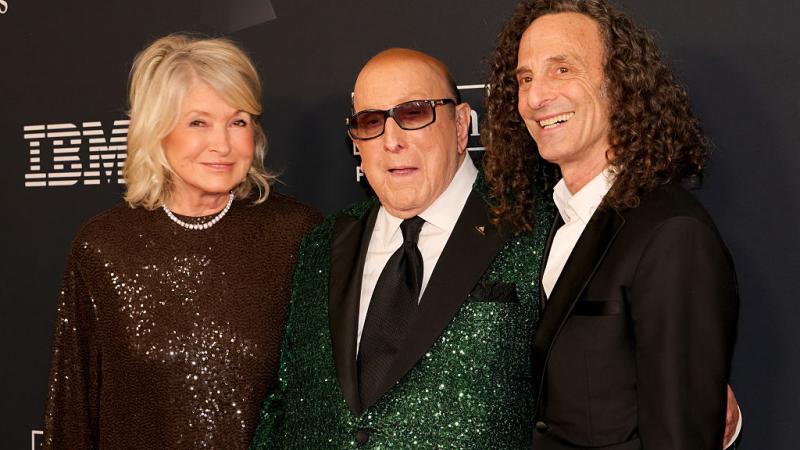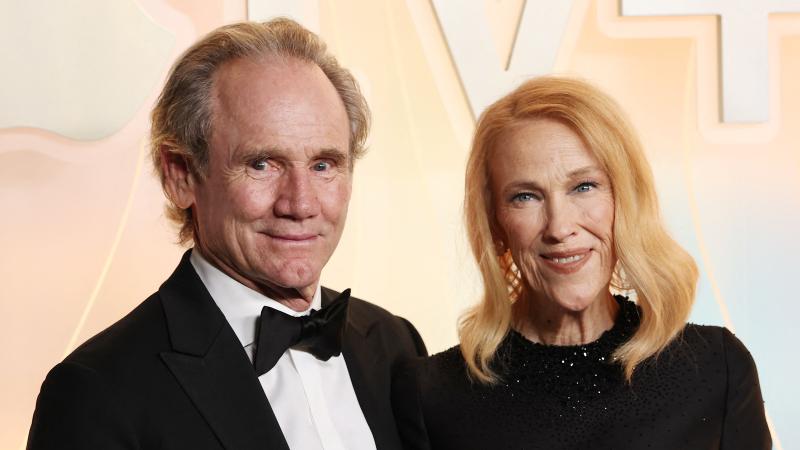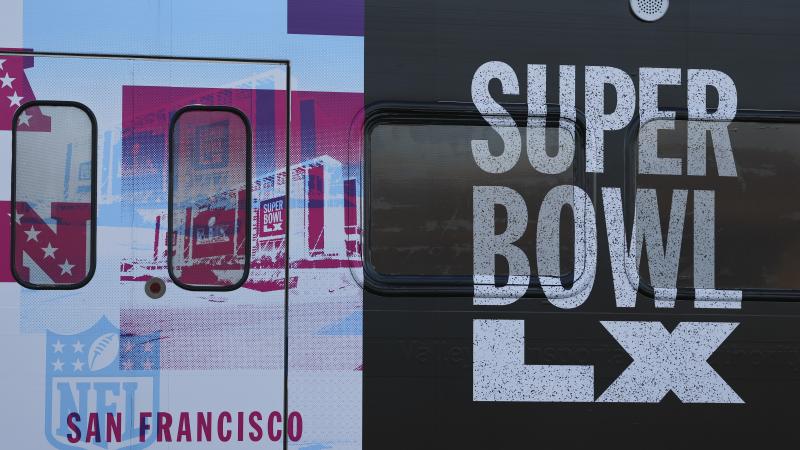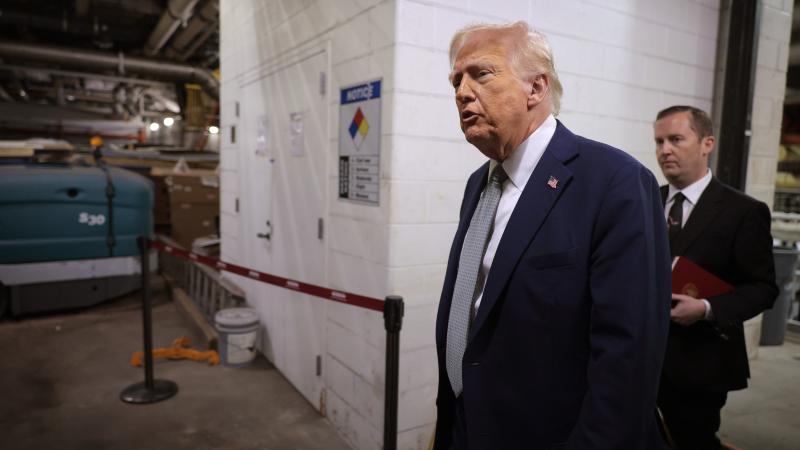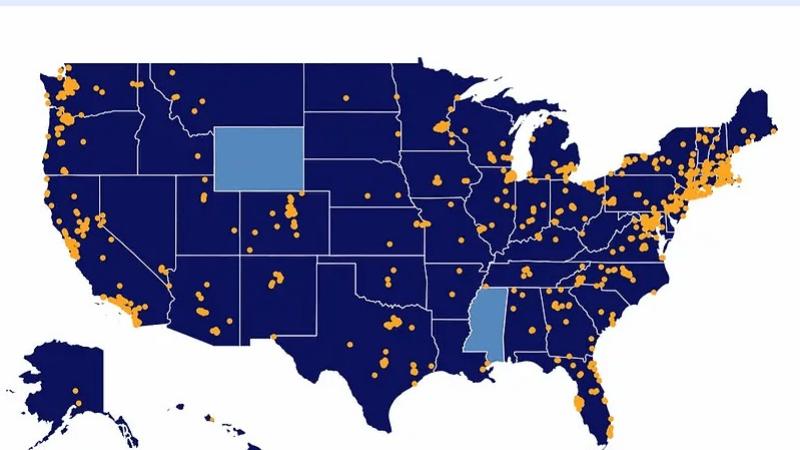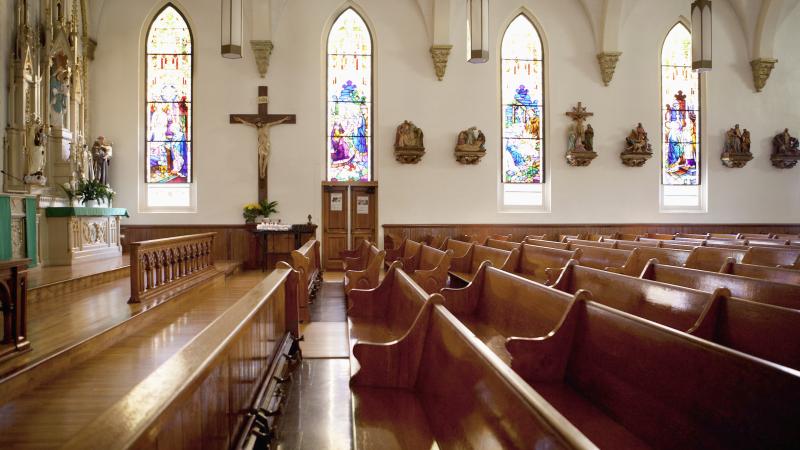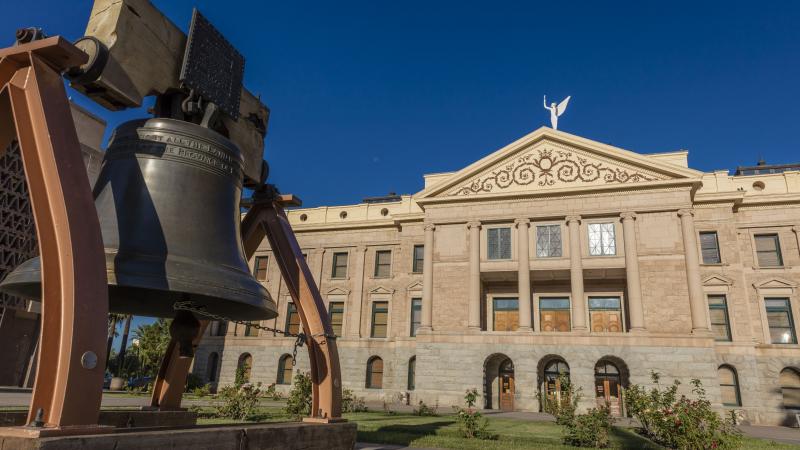Trump Hollywood ambassador Mel Gibson's deal to coproduce Italian films in US seen as tariff fixer
Last month, Trump named Gibson, Sylvester Stallone, and Jon Voight in the ambassador role aimed at boosting U.S. film productions.
Action film icon Mel Gibson – recently appointed by President Donald Trump to be one of the White House’s “special ambassadors” to Hollywood – has unveiled plans for a U.S.-Italy film co-production treaty that could help Italian filmmakers sidestep the president’s threatened tariffs on films made outside the U.S.
Last month, Trump named Gibson, Sylvester Stallone, and Jon Voight in the ambassador role aimed at boosting U.S. film productions.
Last week, “Mad Max” and “Braveheart” star Gibson and Italian film producer Andrea Iervolino announced a blueprint for the co-production deal. It’s the first deal of its kind, and Iervolino said it could serve as a “pilot project” for similar agreements between the U.S. and other countries.
The deal would create incentives for Italian films to be made in the U.S., including the use of U.S. actors and technical crews while strengthening cultural ties between the two countries. A statement estimated the model could generate as much as $10 billion a year in investments in the U.S., though it’s not clear how that estimate was calculated.
“The world must recognize that the American entertainment industry has always been the leading one globally: it remains the main point of reference, capable of setting the rules of the industry worldwide,” Iervolino’s statement said.
“Meanwhile, many countries have established incentive programs to attract foreign productions and have signed bilateral agreements with various nations, but never with the United States,” the statement said. “This has essentially left a crucial cultural bridge unresolved.”
The incentives in the deal would exempt Italian co-productions from a threatened 100-percent tariff on films made outside the U.S.
Gibson’s appointment combined with Trump’s film tariff threats have sparked a round of lobbying from national film boards, including the one from Australia, which has asked Gibson to convince Trump to spare the country’s filmmakers from the U.S. levies. Gibson is a U.S.-Australia dual citizen.
In addition to producing homegrown Oscar winning films like 1960 dramatic satire “La Dolce Vita,” 1997’s Holocaust comedy “Life is Beautiful,” and “The Great Beauty,” a drama from 2013, the country has seen productions of Hollywood epics including period drama “Ben Hur” from 1959, 2002’s crime drama “Gangs of New York,” and “The Passion of the Christ,” Gibson’s 2004 epic about Jesus’ life.
Even aside from his role in the U.S.-Italy film agreement, Gibson has been in the news lately, including an announcement about a followup to his acclaimed “The Passion of the Christ.” The new film will be called “The Resurrection of Christ,” which is expected to include much of the original cast and is on track to be released next year.
Also last month, the Trump White House restored Gibson’s right to legally own firearms, more than a decade after they were revoked after the actor’s “no contest” plea on domestic battery charges.
The Facts Inside Our Reporter's Notebook
Links
- Gibson, Sylvester Stallone, and Jon Voight
- Andrea Iervolino
- create incentives for Italian films to be made in the U.S.
- American entertainment industry has always been the leading one globally
- a threatened 100-percent tariff on films made outside the U.S.
- Australia, which has asked Gibson to convince Trump to spare the countryâs filmmakers
- La Dolce Vita
- Life is Beautiful
- The Great Beauty
- Ben Hur
- Gangs of New York
- The Passion of the Christ
- The Resurrection of Christ
- Gibsonâs right to legally own firearms
